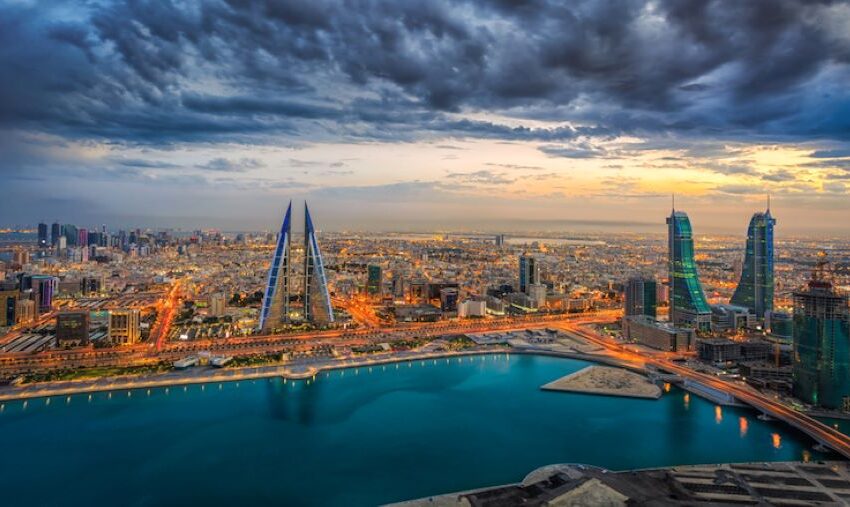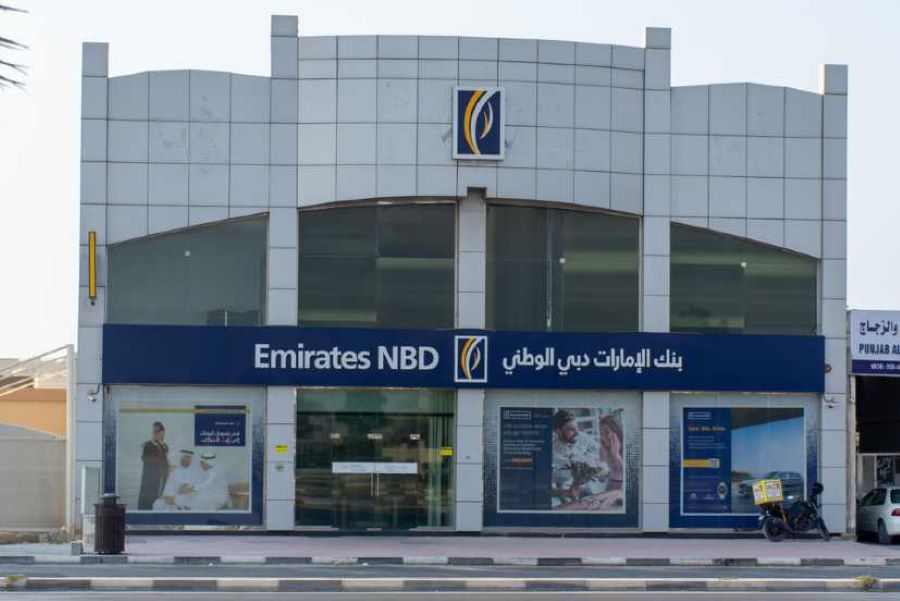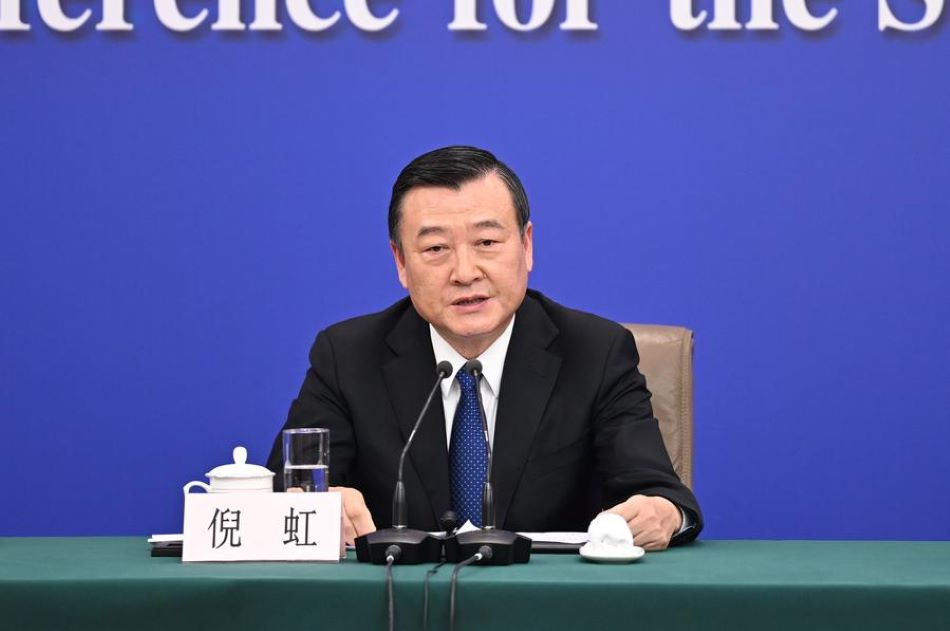
Bahrain’s Economy to Grow 3% in 2024, Says IMF
Bahrain’s economic growth is anticipated to remain at 3% in 2024 and rise to 3.5% in 2025, with the completion of refinery upgrades in the manufacturing sector and a pick-up in private sector credit growth supporting greater private investment, the International Monetary Fund (IMF) said on Wednesday.
Over the medium-term, real GDP is expected to grow at around 3%, driven by nonhydrocarbon GDP, which is expected to grow to account for about 90% of the economy by 2029. CPI inflation is projected to rise to 1.2% in 2024, before steadily converging to 2% over the medium term, the IMF said.
Bahrain’s real GDP grew at 3% in 2023, while CPI inflation fell to 0.1% Despite further tightening of financial conditions and heightened geopolitical uncertainty, the IMF team led by John Bluedorn, which visited Manama between September 29 and 10 October 2024 to as part of the discussions for the 2024 Article IV consultation.
However, the fiscal position declined in 2023, with the overall fiscal balance to GDP falling by 3.3 percentage points to –8.5% and gross government debt to GDP increasing by 12 percentage points to 123%.
Bluedorn said that this marked a change from the notable improvements in 2021 and 2022 under the revised Fiscal Balance Program (FBP), when Bahrain recorded rises in the overall primary balance of about 6 percentage points of GDP on average per year.
The ratio of nonhydrocarbon revenues to primary recurrent expenditures (excluding extra budgetary spending) remained at its FBP target of about 40% in 2023. The current account stayed in surplus at 5.9% of GDP in 2023, but down from its peak in the previous year.
To put government debt to GDP onto a durable downward path, a multi-year and pre-committed fiscal consolidation and reform package is the policy priority. In this regard, the recently introduced domestic minimum top-up tax under the OECD/G20 Inclusive Framework is welcome, he explained.
“However, additional steady fiscal efforts over multiple years, appropriately staggered to smooth the adjustment, remain necessary. These efforts would include raising nonhydrocarbon revenue, rationalising current spending, and reducing subsidies while increasing social transfers to protect the vulnerable and supporting investment. This package would balance growth and equity considerations and fiscal sustainability, he averred.
“The Central Bank of Bahrain should continue to closely follow the US Federal Reserve in changes to its policy stance. Looking forward, the anticipated easing of monetary conditions will mitigate the growth impact from fiscal adjustment, which in turn further supports the build-up of external buffers,” he said.
According to Bluedorn, formalising and implementing a bank resolution framework would build on a tradition of sound financial sector supervision and regulation and help safeguard financial stability. Further developing the local currency bond market and the non-bank financial sector, while closely monitoring interconnectedness between banks and non-banks, would promote greater financial market deepening and the diversification of financing sources for the broader economy.
Economic Diversification Satisfactory
The IMF official expressed satisfaction over the economic diversification, which has progressed well, but additional reforms would foster higher, greener, and more inclusive medium-term growth.
Building upon existing efforts, policies to further boost inclusion and productivity include expanding well-designed programs to enhance human capital and close identified skill gaps, improving small and medium-sized enterprises’ access to finance, and harnessing the digital transformation.
“By raising growth, the measures would also hasten the decline in the debt-to-GDP ratio and ease the fiscal adjustment. Gradually reducing energy subsidies while increasing renewable energy investments would also bolster Bahrain’s moves toward its emission reduction goals and ensure a smooth energy transition,” Bluedorn added.














